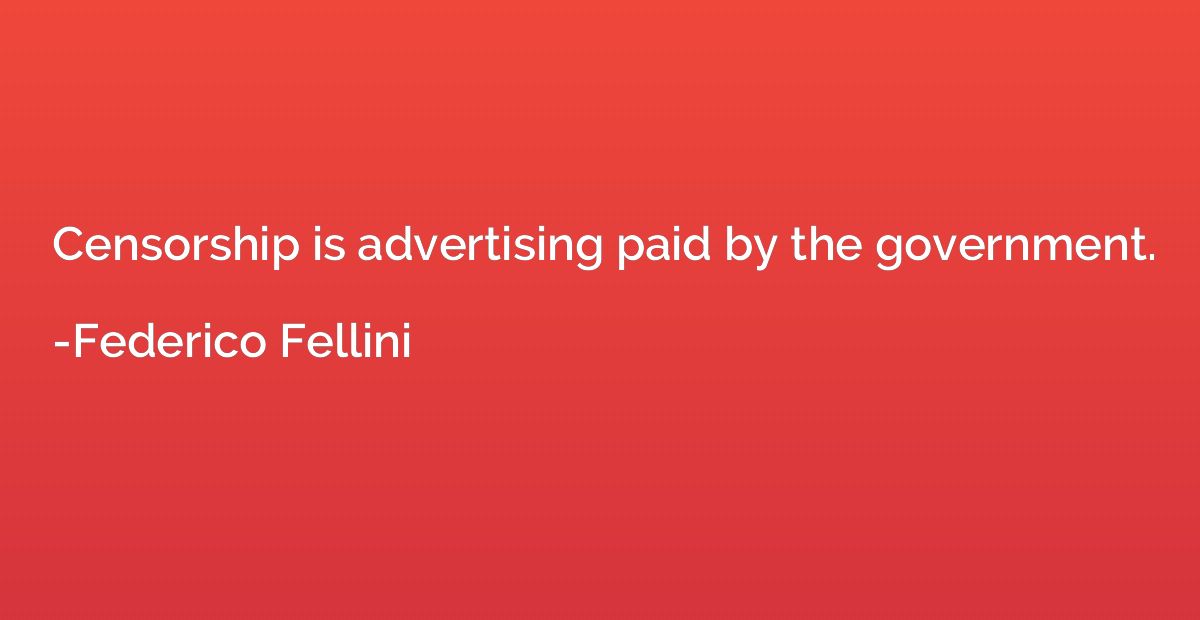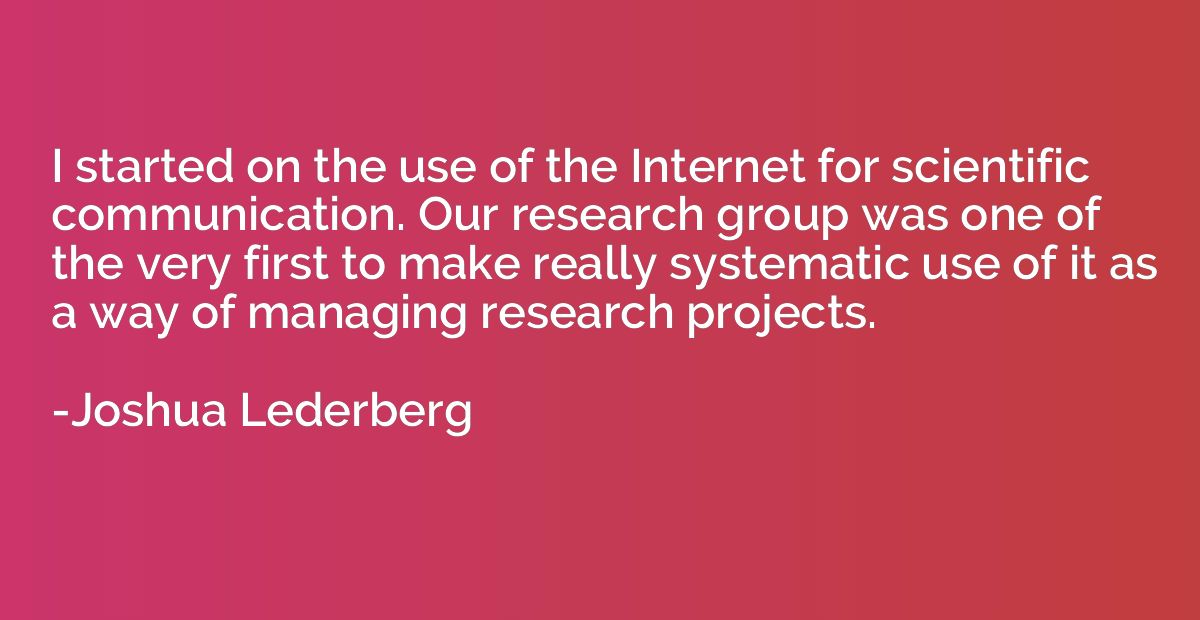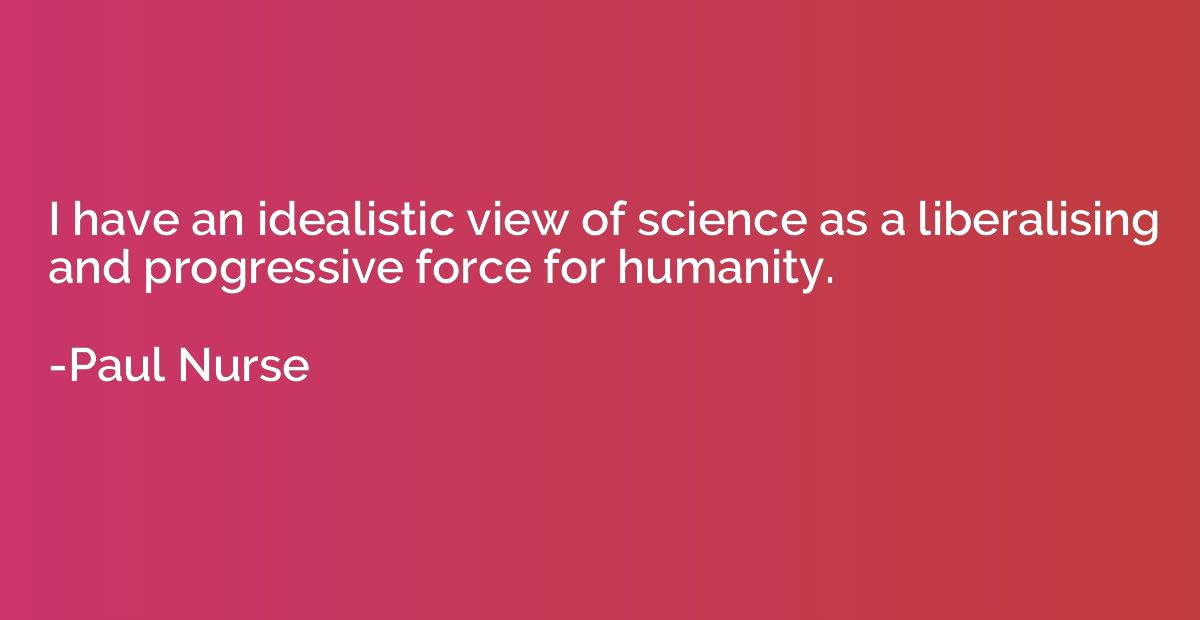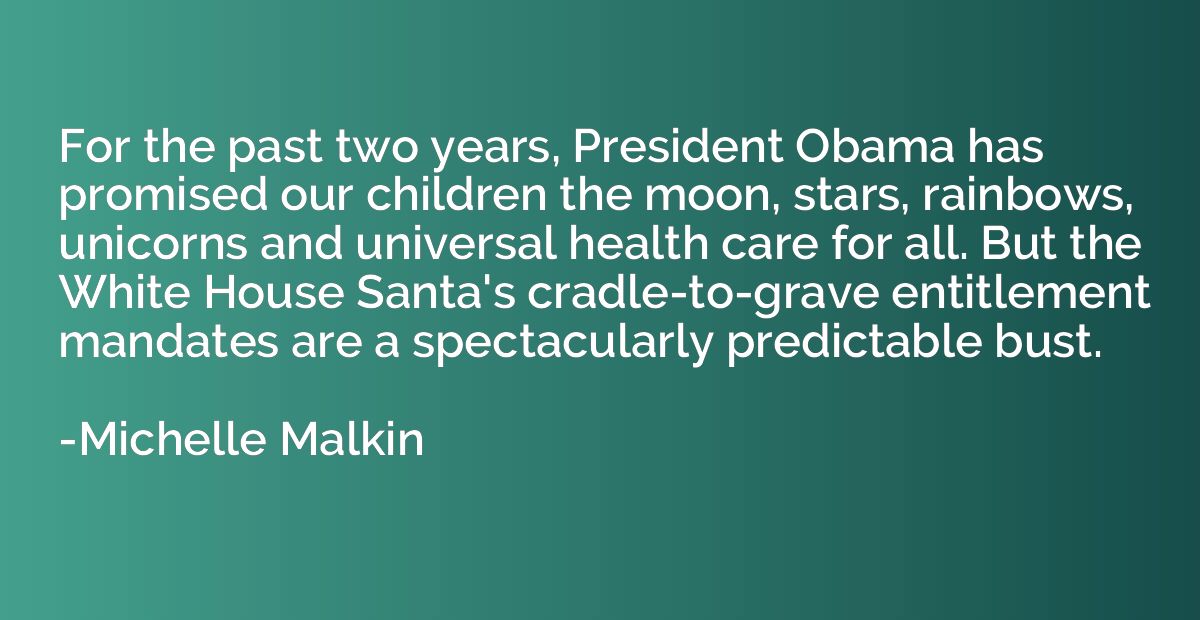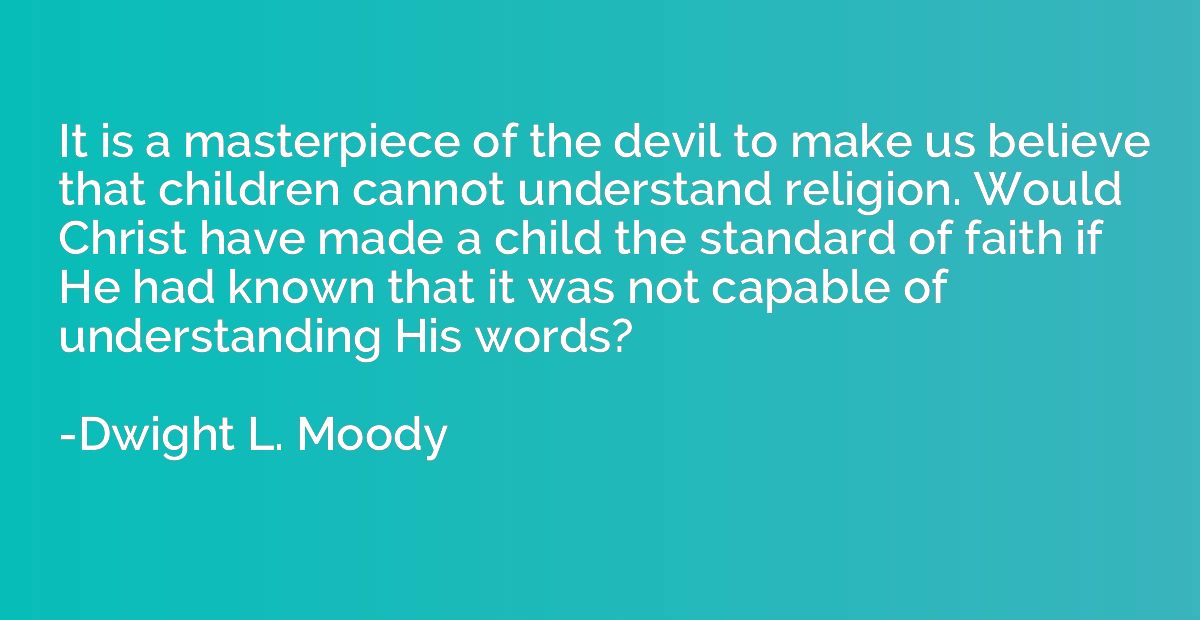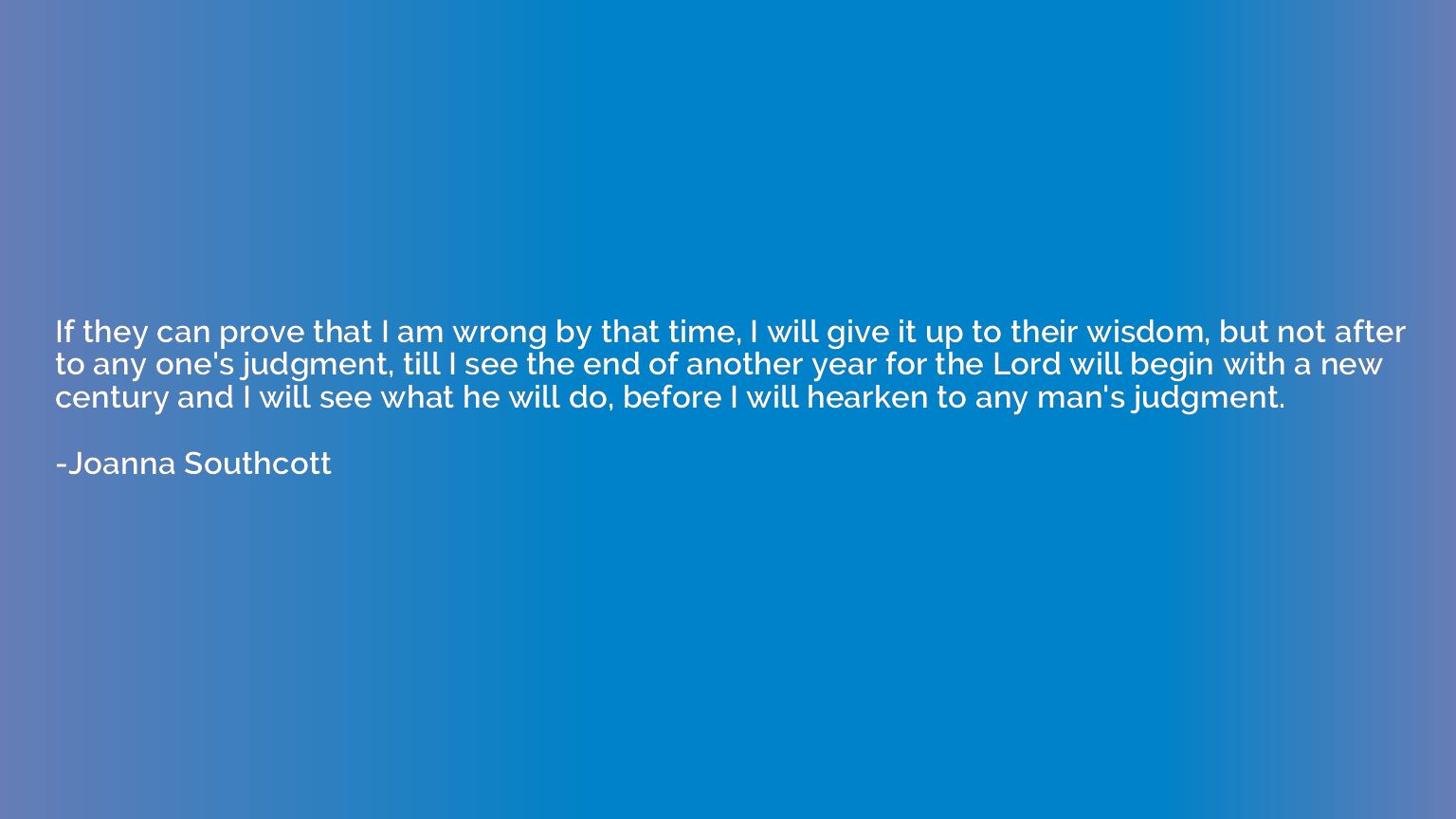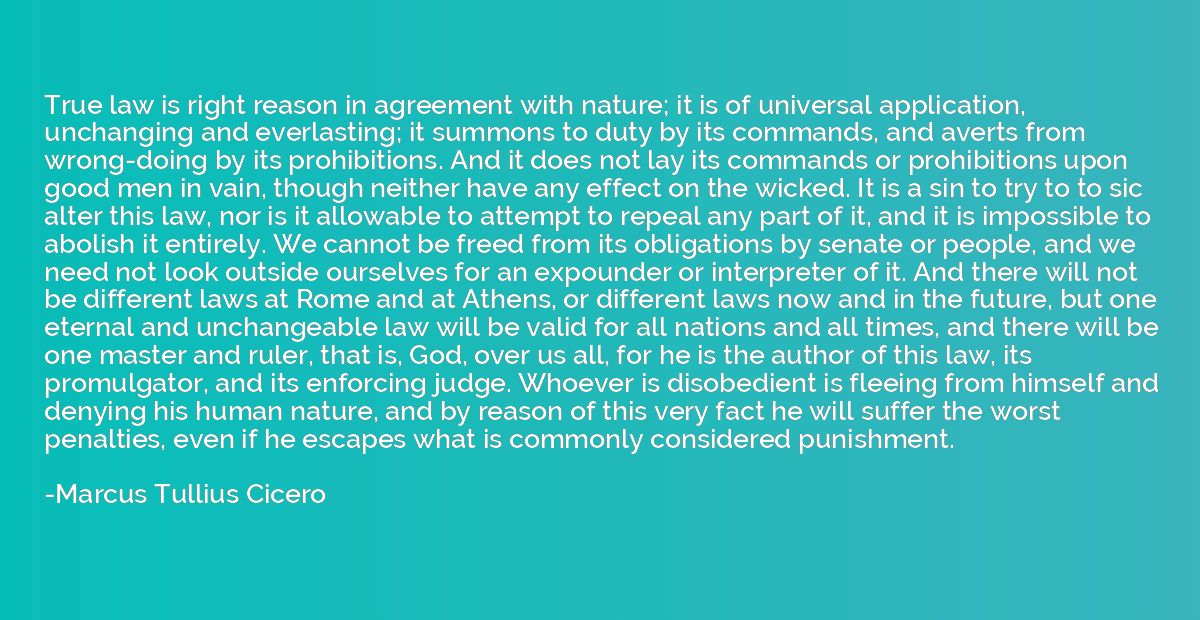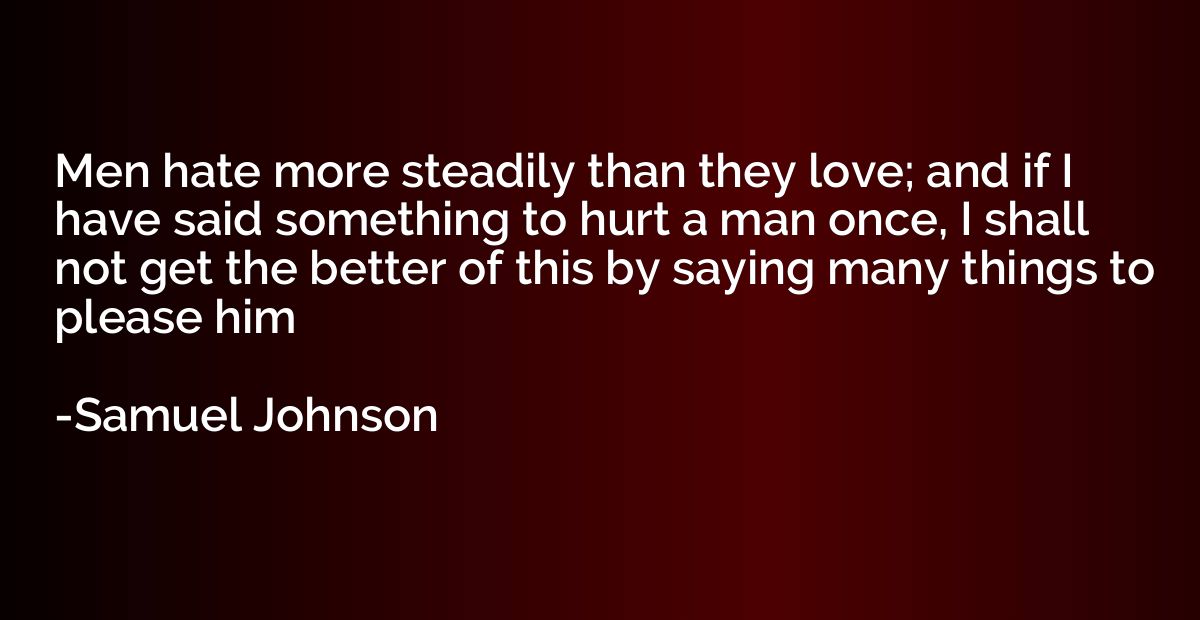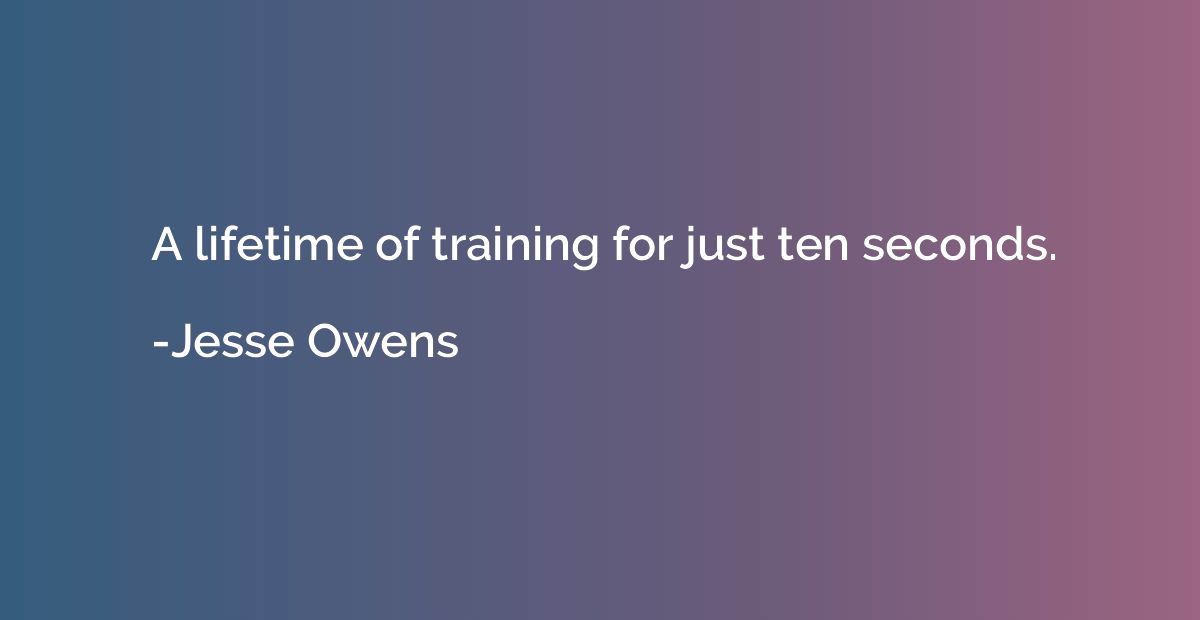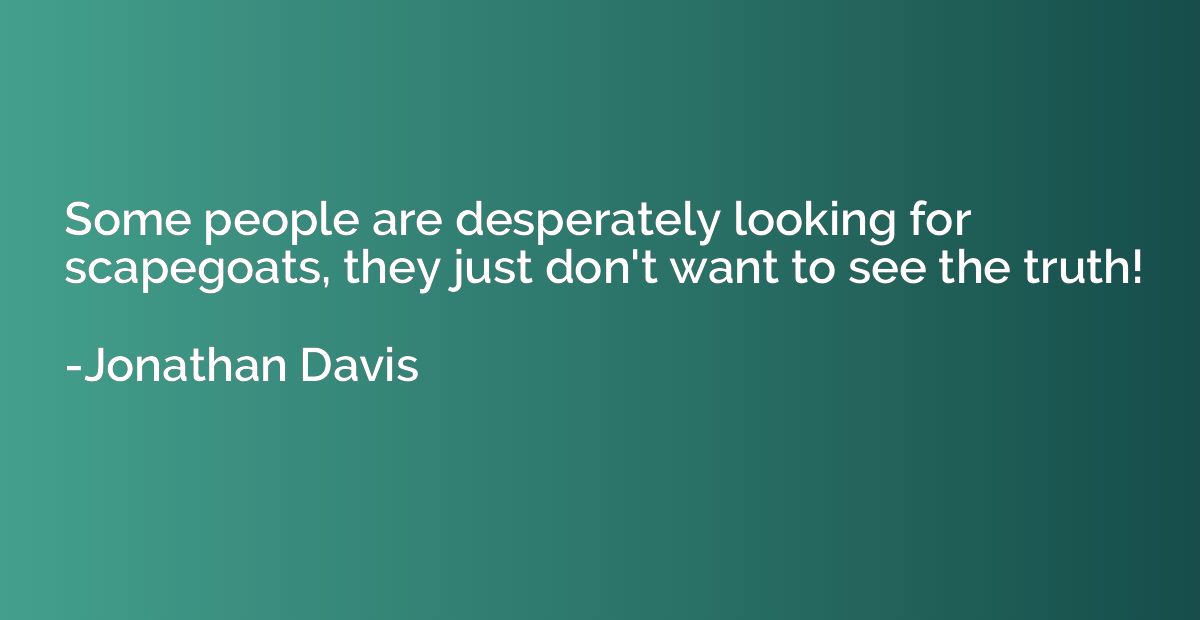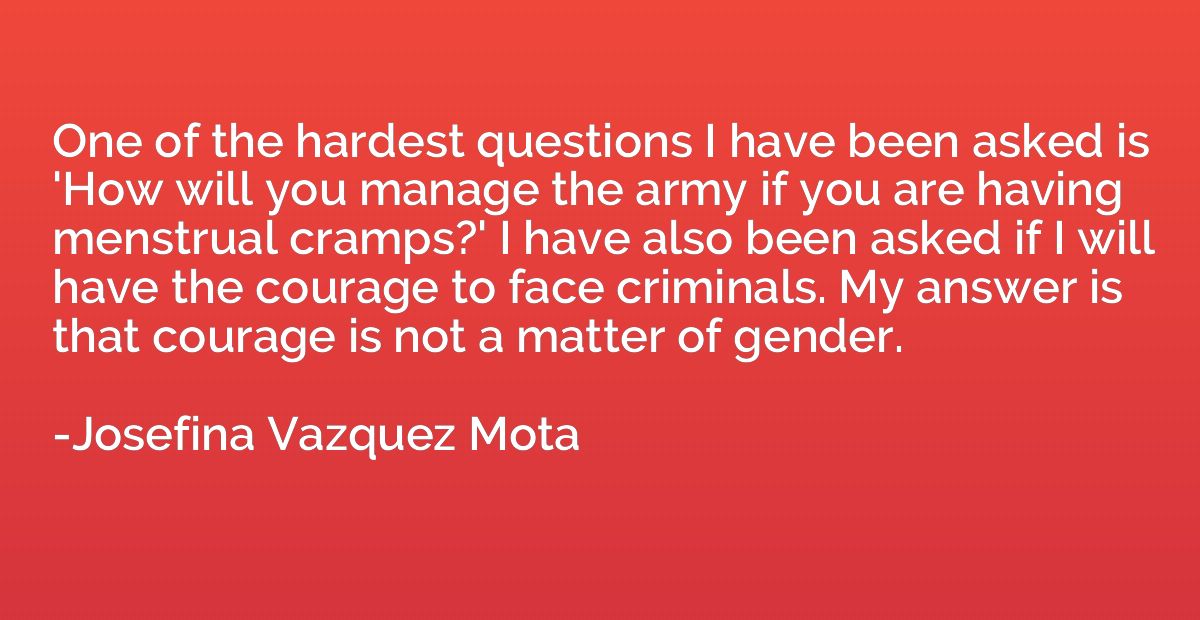Summary
This quote implies that censorship functions as a form of propaganda where the government controls what information is shared. It suggests that through censorship, the government can manipulate the narrative and shape public opinion in a way that serves its own interests, similar to how advertising is used to promote specific products or ideas. By equating censorship to paid advertising, the quote highlights the intentional control and influence exerted by the government over the flow of information, raising concerns about transparency, freedom of speech, and potential manipulation of public perception.
